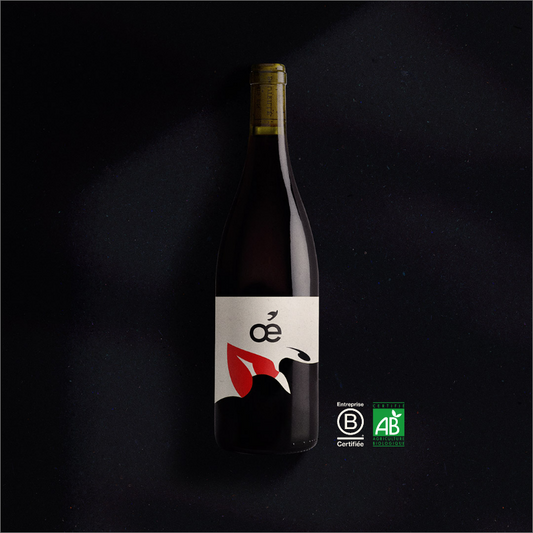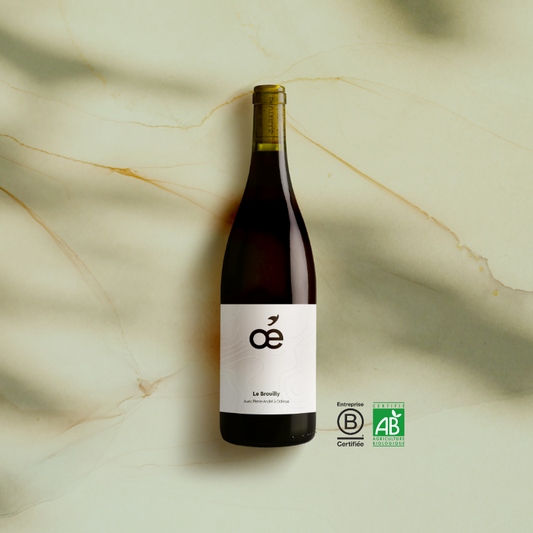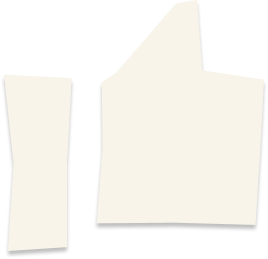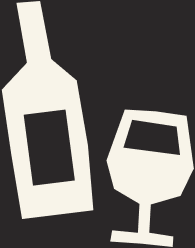The organic wine market in 2020 in France
For almost ten years, the organic wine market has doubled in France to the detriment of the sale of conventional wine. By 2022, forecasts announce the sale of 17.3 million cases of organic wine and 208 million of conventional wine (down) according to the IWSR (International Wine and Spirit Research). The growth of the organic sector reflects the awareness of consumers of the impact of fertilizers and chemical products on their health, their effects on the planet and on viticulture .
Discover Oé, organic, vegan and zero pesticide wines
The organic wine market in France and around the world
The organic wine market has experienced average growth of 9.2% per year for the past ten years. This figure is only increasing from year to year and forecasts suggest that we will reach 14% growth in the organic wine sector for the period 2017-2022 according to an ISWR study.
The most popular wine regions for white wine are Marlborough in New Zealand and tied Loire, Languedoc and Burgundy. For red wine, the vineyards of Bordeaux (very popular on the Chinese market), the wines of Languedoc Roussillon , Burgundy and the Rhone Valley with its Côtes-du-Rhône for example.
According to Natexbio, the consumption of organic wine in France will double in 2021 compared to consumption in 2013 and will represent 3.5% of the world market, i.e. 20% of world consumption in 2023.
The vine is 4% of agriculture and 20% of pesticides . The vines are fragile, they are prone to diseases such as Mildew which is treated with Bordeaux mixture produced from copper. To protect the grapes after the harvest , winegrowers add sulphur, the sulphites that you find in your wines. Organic winegrowers also use sulfur but in small doses because the specifications are strict. Many winegrowers manage their terroirs in sustainable cultivation (with the Terra Vitis and High Environmental Value labels) before obtaining the AB label . There are several labels: organic agriculture , biodynamics , natural wine and SAINS wines . The labels for organic viticulture are AB, Ecocert, Nature and Progrès; for biodynamics , there is Demeter and Biodyvin; and for natural wines , there is an AVN association (association of natural wines) but no specifications and control procedure yet.
I discover the Oé cuvées: organic, vegan and zero pesticides
The figures of the organic wine sector
The consumption of organic wine worldwide is increasing every year. Consumers praise it for its respect for the environment and its quality. According to Le Figaro, the market for wine produced in organic farming shows an increase of 14.1% from 2012 to 2017 and economists forecast 9.2% growth from 2017 to 2022. In 2019, France was the 1st exporter in value , the 2nd producer and consumer and the 3rd largest area of vineyards . France, Italy and Spain produced 25% of the world's wine consumption in 2018. The price of a bottle of organic wine would be around 33% more expensive than a bottle of organic wine , knowing that the winemaker certified organic naturally has more work in the vineyard.
The organic wine market: Consumers
According to Santé Publique France, the alcohol consumption of French people has dropped during confinement. 65% of French people questioned attested that their consumption had remained stable, 24% had reduced it, 11% said they had increased it. 9 out of 10 French people drink less than 10 glasses of alcohol per week and 90% of them do not drink alcohol every day. We are talking about a trend towards deconsumption.
While the consumption of conventional wine is decreasing, organic wine , biodynamic wine , natural wine are on the rise and their market share continues to increase each year. This demand follows the current trend of eating less and better, of favoring quality and Made In France. In short, the opportunity to drink less and better with Oé.
The impact of covid19 on the organic wine market in 2020
Following the covid19 crisis which hit the world economy, CHR (cafés, hotels and restaurants) which represent 30% of the market and wine merchants which hold between 5 and 10% of the wine market were at a standstill. According to an article by Ouest France published in April 2020, The drop in activity in the wine sector has been unprecedented with a drop of 25% in March and almost double for the month of April. The wine trade fairs have been canceled due to the spread of the virus. The 2020 edition of the world's biggest wine fair ProWein in Germany froze wine exports. The loss generated is estimated at around 200 million euros, a loss which weighs down the report of a sector already weakened by the Trump tax, Brexit and the downward trend in wine consumption in France . Even if the consumption of wines in the broad sense is decreasing, the share of consumption of organic wines is increasing. Many players in the sector have launched innovations by offering online fairs and videoconferences.
French winegrowers are the first to be impacted by this global crisis. They announce between 30 and 90% less turnover depending on the regions of France. This crisis heralds a 13% drop in global wine sales. Even online sales by wine players or by winegrowers who have “taken advantage” of confinement to open their online store are not enough to limit losses.
Sources: Le Figaro, Public Health France, Natexbio, Vitisphere, Idealwine, Beverage Department, Terre Nette



